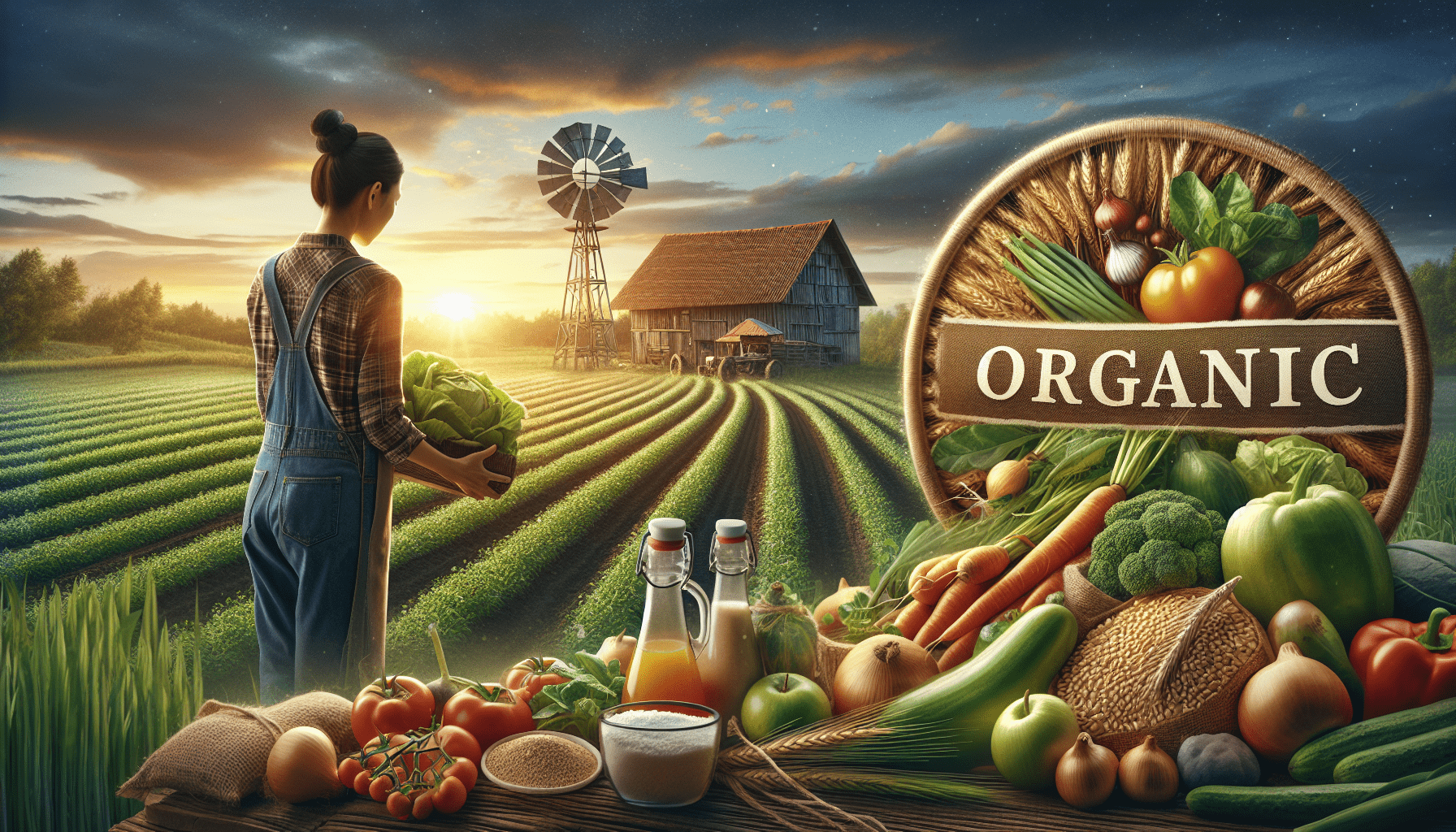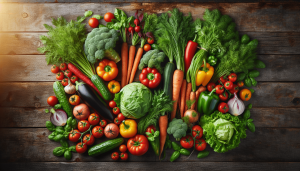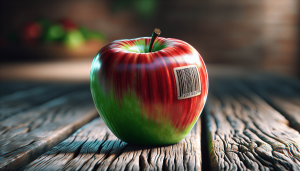When it comes to choosing our food and products, the term “organic” is often thrown around. But what does it really mean? In simple terms, “organic” refers to the way food and products are grown, processed, and produced. It’s all about going back to nature and avoiding the use of synthetic chemicals, hormones, and genetically modified organisms (GMOs). By opting for organic options, we not only prioritize our health and well-being but also contribute to a more sustainable and environmentally-friendly future. So, let’s dive into the world of organics and discover the countless benefits they bring to our lives.
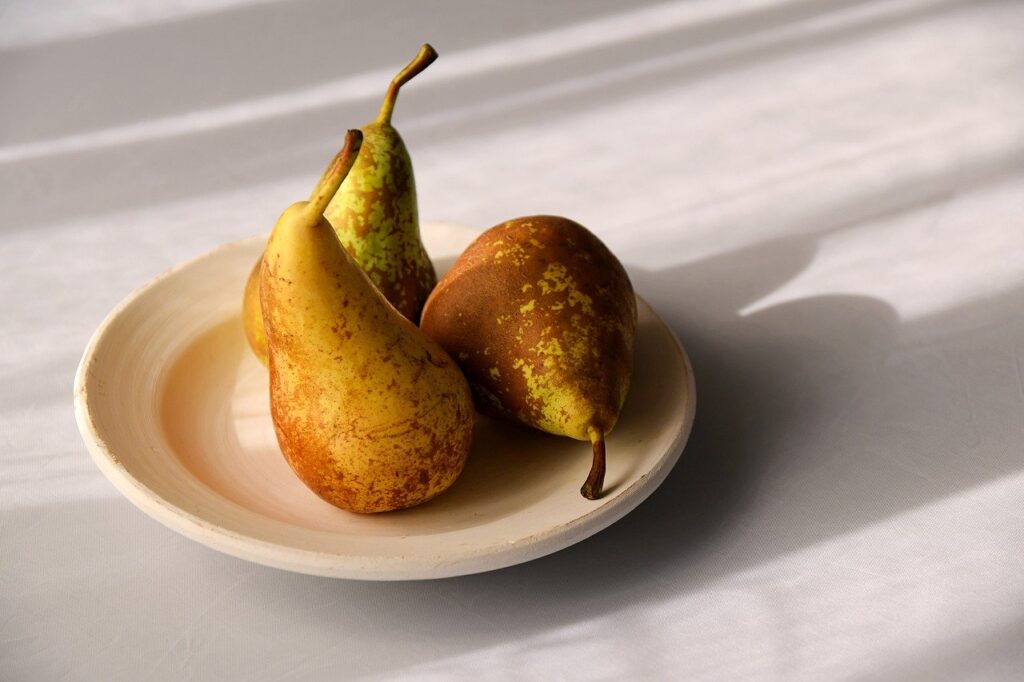
Understanding Organic
The Definition of Organic
When it comes to food and products, the term “organic” refers to a way of growing, producing, and processing that is in harmony with nature. Simply put, organic food and products are those that are free from synthetic chemicals, pesticides, antibiotics, and growth hormones. They are grown and manufactured using methods that prioritize the health of the environment, animals, and humans. The focus is on sustainability, using natural resources responsibly, and promoting biodiversity.
The Origins of Organic Farming
The organic farming movement began in the early 1900s as a response to the harmful impacts of conventional agriculture, such as soil erosion, water pollution, and the development of pesticide-resistant pests. Influential figures like Sir Albert Howard and Rudolf Steiner promoted the idea of working with nature rather than against it. They emphasized the importance of building healthy soil, crop rotation, and the use of natural fertilizers and pest control methods. Over the years, organic farming has evolved and gained recognition globally as a more sustainable and environmentally friendly approach to agriculture.
The Global Organic Market
Organic agriculture has gained significant momentum worldwide, with the global organic market experiencing remarkable growth in recent years. According to the Research Institute of Organic Agriculture (FiBL), the global organic market reached a record value of $105 billion in 2018. This growth can be attributed to factors such as increasing consumer awareness and demand for healthier and environmentally friendly alternatives. Europe and North America are currently the largest markets for organic products, but developing countries are also witnessing a steady increase in organic production and consumption.
Organic Food
Benefits of Organic Food
Consuming organic food offers numerous benefits for both our health and the environment. One of the key advantages is the reduced exposure to synthetic pesticides and herbicides. Organic farming practices prioritize natural pest and weed management, which means that the produce we consume is less likely to contain harmful residues. Additionally, organic food is often fresher and more nutritious due to the use of organic fertilizers that nourish the soil and enhance the nutrient content of the crops. Studies have shown that organic fruits and vegetables can have higher levels of certain vitamins, minerals, and antioxidants.
Organic Food Labels and Certification
To ensure transparency and trust in the marketplace, organic food is regulated and certified according to strict standards. In many countries, including the United States and European Union, organic food labels are legally protected and must meet specific criteria. These labels indicate that the product has been produced and handled in accordance with regulatory requirements, such as the absence of synthetic chemicals and the use of organic farming methods. Consumers can look for these labels, such as the USDA Organic or the EU Organic logos, to make informed choices and support organic producers.
Organic vs. Non-Organic Food
The choice between organic and non-organic food ultimately boils down to personal preferences and priorities. While organic food offers many benefits, it is often more expensive than conventionally produced alternatives. Some individuals may prioritize the potential health benefits of organic food, while others might prioritize affordability or availability. It is important to note that conventionally grown food is still subject to some regulations and safety standards, although it may involve the use of synthetic pesticides and fertilizers. Ultimately, the decision to consume organic food is a personal one, and understanding the trade-offs helps individuals make informed choices based on their values.
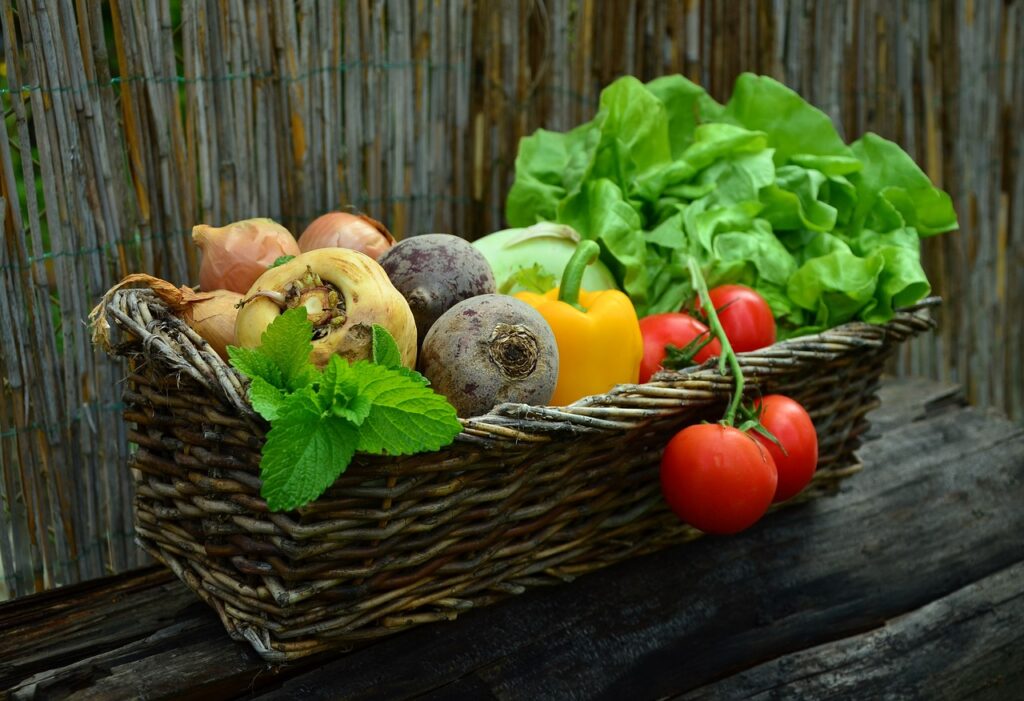
Organic Products
Organic Personal Care Products
In addition to food, the organic movement has expanded to include other products we use in our daily lives, such as personal care items. Organic personal care products are made from natural ingredients that are grown and processed using organic methods. They are free from synthetic fragrances, dyes, and preservatives commonly found in conventional products. Switching to organic personal care products can reduce our exposure to potentially harmful chemicals and contribute to healthier skin and less environmental impact.
Organic Cleaning Products
Just as with personal care products, the organic movement has extended to cleaning products as well. Organic cleaning products avoid the use of harsh chemicals that are harmful to both human health and the environment. Instead, they rely on natural ingredients like plant-based oils, vinegar, and baking soda to effectively clean and disinfect. By choosing organic cleaning products, we can maintain a clean and sanitary living space without compromising our health or contributing to the pollution of air, water, and soil.
Organic Clothing
When it comes to clothing, organic materials and practices can make a significant difference. Organic clothing is made from natural fibers, such as organic cotton, hemp, or bamboo, that are grown without the use of synthetic pesticides or genetically modified organisms. The production process also avoids the use of toxic dyes and chemicals. By choosing organic clothing, we can support sustainable agriculture, reduce our exposure to potentially harmful substances, and contribute to a healthier environment.
Organic Agriculture
Principles of Organic Agriculture
Organic agriculture is guided by a set of principles that shape the way farming is practiced. These principles include prioritizing soil health, promoting biodiversity, using natural fertilizers and pest control methods, and minimizing environmental impact. Organic farmers focus on building and maintaining healthy soil through practices like composting, crop rotation, and the use of cover crops. They also prioritize biodiversity by creating habitats for beneficial insects and wildlife. By operating in harmony with nature, organic agriculture aims to ensure the long-term sustainability of our food production systems.
Organic Farming Methods
Organic farming employs a range of methods that promote sustainability and minimize reliance on synthetic inputs. These methods include crop rotation, companion planting, and the use of natural pest control strategies like biological control and crop diversification. Instead of synthetic fertilizers, organic farmers use natural amendments like compost, manure, and organic matter to nourish the soil. They also avoid the use of genetically modified organisms and focus on preserving heirloom and indigenous varieties. These practices not only benefit the environment but also contribute to the production of high-quality, nutritious food.
The Impact of Organic Agriculture on the Environment
Organic agriculture has a positive impact on the environment in several ways. The avoidance of synthetic pesticides and fertilizers reduces pollution of air and water, and the use of natural pest control methods helps to preserve beneficial insects and biodiversity. Organic farming also helps to conserve water by promoting practices like mulching and efficient irrigation systems. Additionally, organic practices focus on building healthy soil, which improves water retention and reduces the risk of erosion. By embracing organic agriculture, we can work towards a more sustainable and resilient food system that conserves natural resources and protects ecosystems.
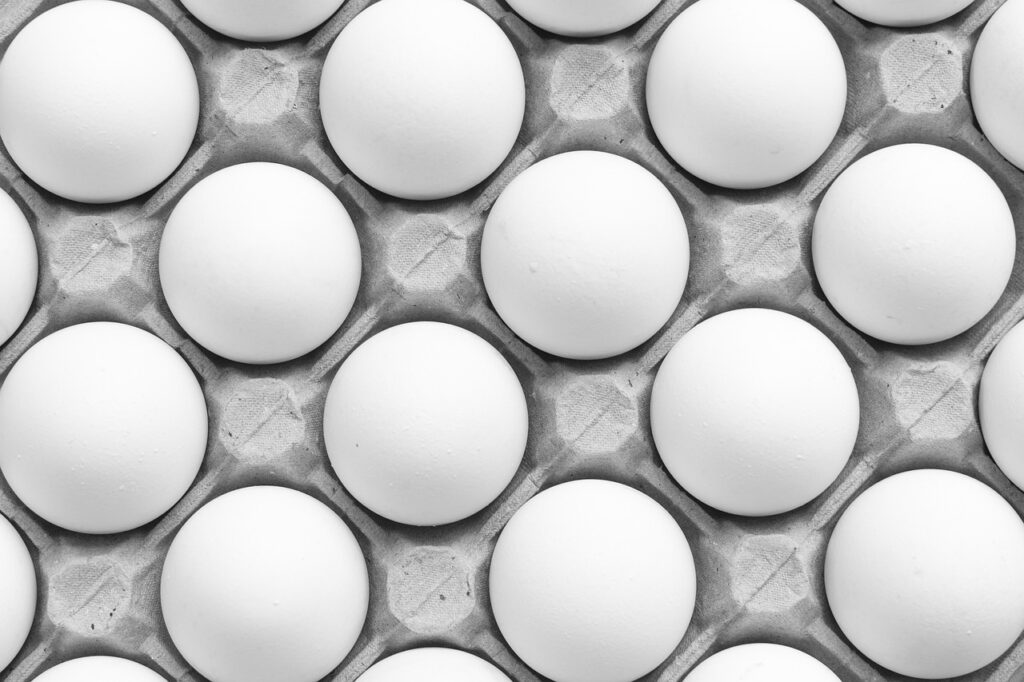
Organic Regulations and Standards
Government Regulations and Organic Certification
Organic production and labeling are regulated by governments to ensure the integrity and credibility of organic products. In many countries, there are specific laws and regulations that define what can be labeled as organic. Government agencies, such as the United States Department of Agriculture (USDA) and the European Commission, oversee the certification process and enforce compliance with organic standards. These regulations include requirements for organic farming practices, the use of organic inputs, and the prevention of contamination. Third-party certification bodies authorized by the government are responsible for inspecting and certifying organic farms, processors, and products.
Third-Party Organic Labels and Standards
In addition to government regulations, third-party organic labels and standards play an important role in providing further assurance to consumers. These labels are often voluntary and indicate that a product has met additional criteria beyond the governmental requirements. Well-known third-party labels include the Non-GMO Project Verified, the Soil Association Organic, and the Demeter Biodynamic labels. These certifications provide further transparency and build trust by ensuring adherence to specific standards, such as the absence of genetically modified organisms or the use of biodynamic farming practices.
Challenges in Regulating Organic Products
While organic regulations and certifications are in place, challenges still exist in ensuring the integrity and consistency of organic products. One of the main challenges is the potential for fraud within the organic supply chain. With the increasing demand for organic products, some unscrupulous individuals and companies may attempt to pass off non-organic products as organic. This highlights the importance of rigorous inspections, testing, and traceability measures to prevent fraud. Continuous monitoring and adaptation of organic regulations and standards are essential to address emerging issues and ensure that consumers can trust and rely on organic products.
The Health and Environmental Benefits of Organic
Reduced Exposure to Pesticides and Chemicals
One of the most significant health benefits of consuming organic food and using organic products is the reduced exposure to synthetic pesticides and chemicals. Conventional agriculture relies heavily on the use of synthetic pesticides, herbicides, and fungicides to control pests and diseases. These chemicals have been linked to numerous adverse health effects, including cancer, neurotoxicity, and hormone disruption. By choosing organic, we minimize our exposure to these potentially harmful substances and protect our health and the health of our families.
Higher Nutritional Value
Organic food is often considered to have higher nutritional value compared to conventionally grown food. Organic farming practices prioritize soil health and the use of organic amendments, which results in crops that are higher in essential nutrients. Studies have shown that organic fruits, vegetables, and grains can contain more vitamins, minerals, and antioxidants compared to their conventional counterparts. Additionally, organic animal products, such as meat, eggs, and milk, are often produced without the use of growth hormones or antibiotics, leading to a healthier and more nutrient-dense choice.
Positive Environmental Impact
Choosing organic has a positive impact on the environment. Organic farming practices help to protect soil health, prevent erosion, and reduce water pollution. By avoiding synthetic pesticides and fertilizers, organic agriculture helps to maintain biodiversity and preserve beneficial insects and wildlife. The use of natural pest control methods and crop diversification promotes a healthier ecosystem and reduces the risk of pest outbreaks. Organic farmers also prioritize water conservation and implement practices that contribute to efficient water use. By supporting organic agriculture, we can contribute to the conservation of our planet’s resources and protect our delicate ecosystems.
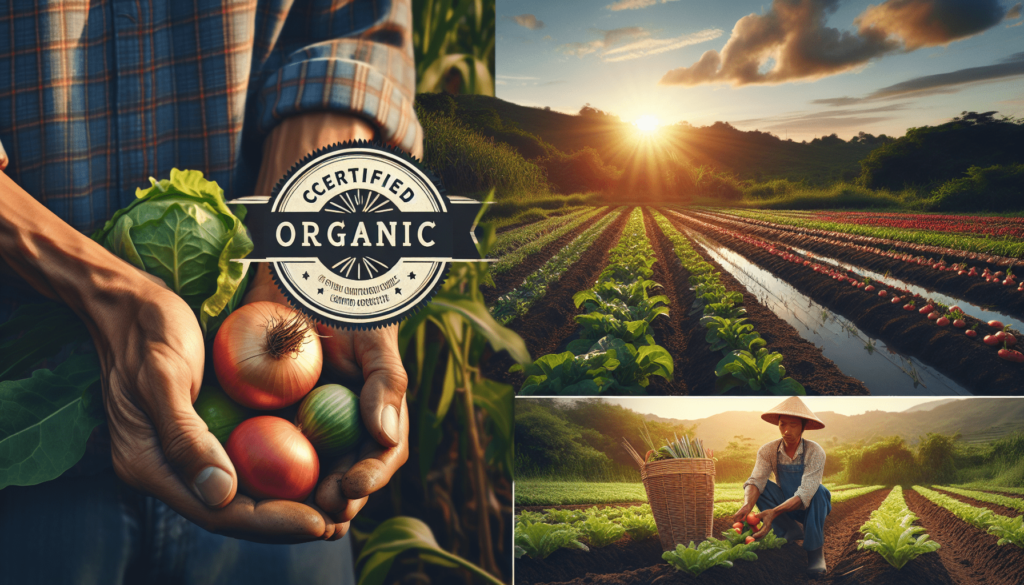
Consumer Choices and Considerations
Costs and Affordability
One common consideration when it comes to organic products is the cost and affordability. Organic food and products tend to be pricier than their conventional counterparts. This is mainly due to the higher production costs associated with organic farming practices, such as manual weeding, organic inputs, and longer production cycles. While the initial cost may be higher, it is important to consider the long-term benefits, both for our health and the environment. Additionally, as the demand for organic products continues to rise, economies of scale and increased competition may lead to more affordable organic options in the future.
Availability of Organic Products
The availability of organic products can vary depending on where we live. In some regions, organic options may be readily available in supermarkets, farmers’ markets, or specialized stores. However, in more remote or rural areas, access to organic products may be limited. It is encouraging to see that organic agriculture is expanding globally, with more farmers embracing organic practices. This, coupled with increasing demand, is likely to result in improved availability and accessibility of organic products in the coming years. Supporting local farmers, joining a community-supported agriculture (CSA) program, or growing our own organic produce can also enhance access to organic options.
Making Informed Decisions
To make informed decisions about organic products, it is essential to familiarize ourselves with the organic labeling and certification systems. Understanding the different organic logos and what they represent can help us identify genuine organic products. Reading product labels and ingredient lists can also provide valuable information about the organic content of a particular item. When it comes to fresh produce, it can be helpful to refer to the Environmental Working Group’s “Dirty Dozen” and “Clean Fifteen” lists, which outline the fruits and vegetables with the highest and lowest pesticide residues. By empowering ourselves with knowledge, we can make choices that align with our values and priorities.
Misconceptions about Organic
Misunderstanding of the Term ‘Organic’
One common misconception about organic is that it is synonymous with natural or chemical-free. While organic products are derived from natural sources and minimize the use of synthetic chemicals, it is important to recognize that organic farming and production still involve the use of certain approved substances. Organic certification standards strictly regulate which inputs can be used and in what quantities. Organic farmers and manufacturers follow these standards to ensure the integrity of their products. Understanding that organic is a regulated term can help dispel misconceptions and increase clarity around what organic truly means.
Organic vs. Natural
Another misconception is the confusion between organic and natural. While natural and organic share some similarities, they are not interchangeable terms. Natural products may not undergo the same rigorous regulations and testing as organic products. They may still contain synthetic chemicals or pesticides, and the term “natural” is not standardized or defined by the same governing bodies as organic. Organic, on the other hand, follows strict standards and certification processes to ensure transparency and compliance. By recognizing the distinctions between organic and natural, we can make more informed choices and avoid falling for misleading marketing claims.
Myths and Debunking
There are various myths surrounding organic products that can lead to confusion. One common myth is that organic food is not as safe or nutritious as conventionally grown food. However, numerous studies have shown that organic food is safe and can be nutritionally superior to conventionally produced food. Another myth is that organic farming cannot feed the world’s growing population. In reality, organic agriculture has been shown to be capable of producing high yields and can be more resilient in the face of climate change.
Debunking these myths and understanding the science behind organic farming can help dispel doubts and encourage more individuals to embrace organic practices and products.
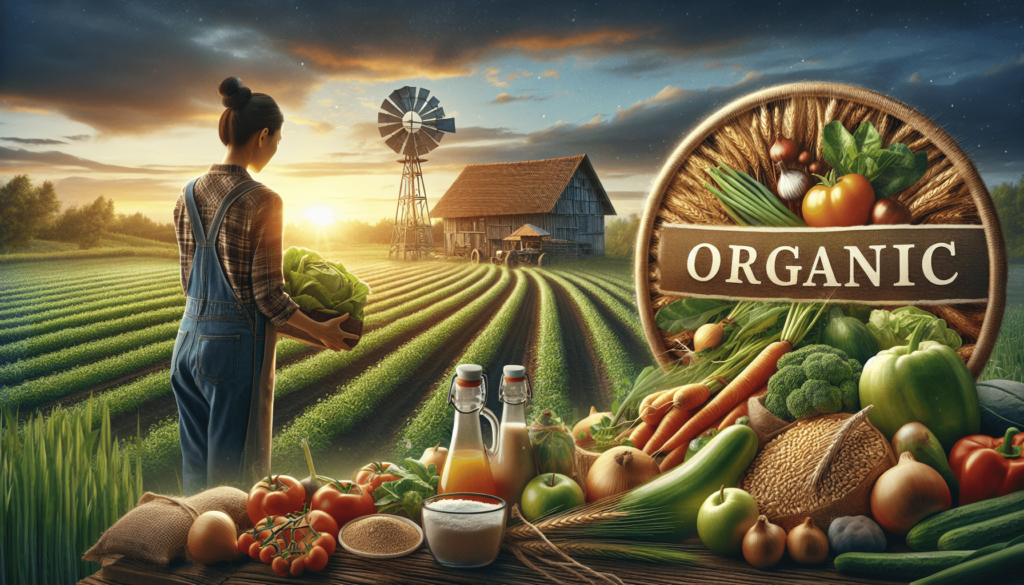
The Future of Organic
Growing Demand for Organic Products
The future of organic looks bright, with a growing demand for organic products worldwide. Consumers are increasingly aware of the importance of sustainable practices, their impact on health, and their responsibility towards the environment. As more individuals seek healthier and eco-friendly alternatives, the demand for organic food and products will likely continue to rise. This increased demand can lead to greater availability, affordability, and accessibility of organic options, contributing to a transition to more sustainable and responsible consumption patterns.
Technological Advancements in Organic Farming
Advancements in technology are playing a significant role in advancing organic farming practices. From precision farming techniques to the use of drones and artificial intelligence, technology is helping organic farmers improve efficiency, reduce waste, and increase productivity. Innovations in organic pest management, such as the use of pheromones to disrupt insect mating patterns, are also making organic farming more effective. As technology continues to evolve, it has the potential to enhance organic agriculture and make it even more competitive and sustainable.
Supporting Sustainable Agriculture
The future of organic also involves supporting and promoting sustainable agriculture as a whole. Organic practices can serve as a catalyst for change in the broader food system. By demonstrating the viability and benefits of sustainable farming, organic agriculture can inspire conventional farmers to adopt more environmentally friendly practices. It can also influence policymakers, retailers, and consumers to prioritize sustainability and demand more transparent and ethical farming methods. By working together to support sustainable agriculture, we can create a future where organic practices become the norm, benefiting our health, the environment, and future generations.
Conclusion
In conclusion, understanding organic is essential for making informed choices that align with our values and contribute to a healthier, more sustainable world. Organic food and products are a result of farming and manufacturing practices that prioritize environmental responsibility, protect the health of consumers, and promote biodiversity. By choosing organic, we can reduce our exposure to harmful chemicals, enjoy more nutritious food, and support sustainable agriculture. Although there are challenges in regulating the organic market, government regulations, third-party certifications, and consumer education play important roles in ensuring the integrity and credibility of organic products. As the demand for organic continues to grow, technological advancements and increased support for sustainable agriculture are shaping a future where organic practices become the norm. Embracing an organic lifestyle has long-term implications for our health, the environment, and the well-being of future generations. Let’s choose organic and be part of a movement towards a more sustainable and harmonious world.

